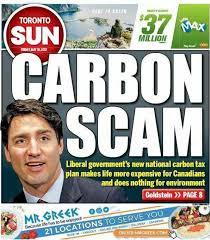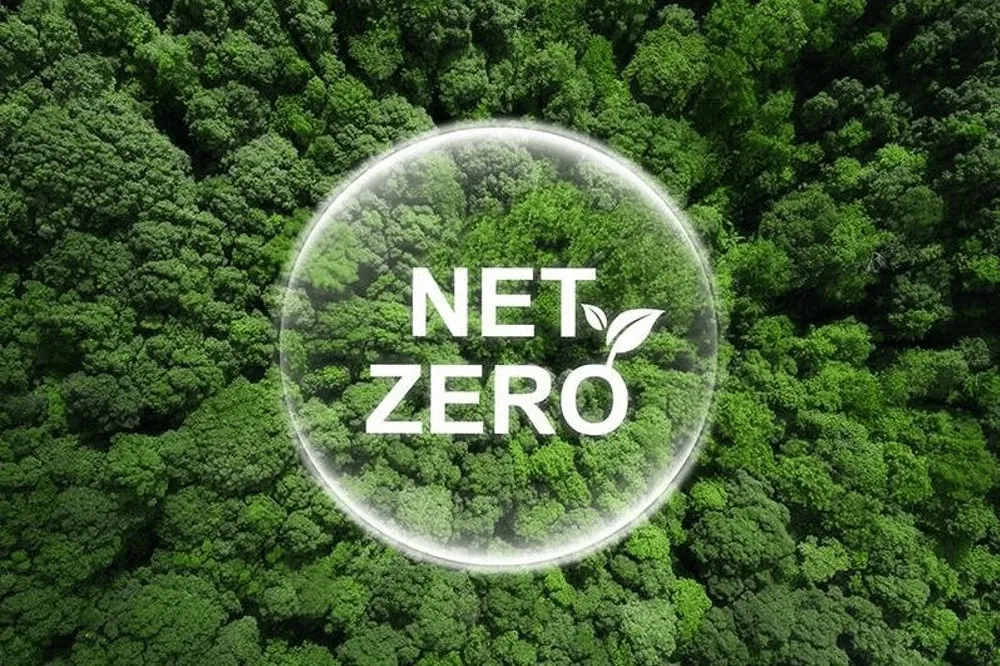Unveiling the Veil of Carbon Tax
Welcome to the world of trucking, where every bump in the road isn’t just a pothole but a potential conspiracy waiting to be uncovered. In recent years, the buzz around carbon tax has been as loud as a truck horn at rush hour. But is it merely a scheme to siphon off hard-earned dollars from truckers, or is there a deeper, darker plot at play? Let’s put on our detective hats and delve into the smoggy depths of carbon tax and its supposed connection to the trucking industry’s downfall and the looming threat of hyperinflation.
The Carbon Tax Conundrum: A Roadblock or a Detour?
FIrst off, let’s clear the exhaust fumes surrounding carbon tax. Carbon tax is essentially a fee imposed on the burning of fossil fuels, such as coal, oil, and gas, which emit carbon dioxide. The idea behind it is to incentivize companies to reduce their carbon footprint by making it more expensive to pollute. Sounds noble, right? Well, hold onto your steering wheel, because things are about to take a sharp turn.
Uncovering the Layers of Conspiracy
Now, onto the juicy stuff– the alleged conspiracy to ruin the trucking industry and send us spiraling into hyperinflation. Picture this: a group of shadowy figures, cloaked in darkness, plotting the demise of truckers worldwide. Sounds like the plot of a B-grade thriller, doesn’t it? But accoring to some, it’s as real as rush hour traffic.
The Trucking Industry: A Target on Its Back
Let’s zoom in on the trucking industry, the unsung heroes of the road. With their mighty rigs and endless highways, they keep the wheels of commerce turning. But are they being targeted by forces beyond their control? Some believe so. The argument goes something like this: by imposing hefty carbon taxes on fuel, the powers-that-be are effectively strangling the trucking industry, pushing small businesses to the brink of bankruptcy and leaving consumers to foot the bill in the form of higher prices for goods and services.
Hyperinflation: The Elephant in the Room
And then there’s the ominous specter of hyperinflation, lurking in the shadows like a hitchhiker with ill intentions. Hyperinflation, for the uninitiated, is like regular inflation on steroids– a rapid and uncontrollable rise in prices that can cripple economies and turn wallets into worthless scraps of leather. Could carbon tax be the catalyst for such a catastrophic scenario? Some say yes, pointing to the ripple effect it could have on everything from transportation costs to consumer spending habits.
Connecting the Dots: Is There Smoke Without Fire?
Now, before you rev up your engines and join the convoy of conspiracy theorists, let’s pump the brakes for a moment. While the idea of a grand conspiracy may make for thrilling water cooler chatter, the reality is often more mundane. Yes, carbon tax may have its flaws, and yes, the trucking industry faces challenges, but to suggest that there’s a nefarious plot at play is, well, a bit of a stretch.
The Road Ahead: Navigating Through the Fog
In conclusion, the debate over carbon tax and its supposed connection to the demise of the trucking industry and the specter of hyperinflation is as murky as rush hour traffic on a rainy day. While there may be valid concerns about the impact of carbon tax on businesses and consumers alike, let’s not jump to conclusions faster than a speeding semi-truck on the interstate. Instead, let’s keep our eyes on the road ahead, remain vigilant, and remember that sometimes, the truth is more pedestrian than we ‘d like to believe.
So, the next time you hear someone honking on about carbon tax conspiracies, take it with a grain of salt and a gallon of diesel. After all, in the wild world of trucking, truth can be stranger than fiction– and sometimes, it’s just a matter of keeping your eyes on the road and your hands on the wheel. Happy trucking, fellow road warriors.










